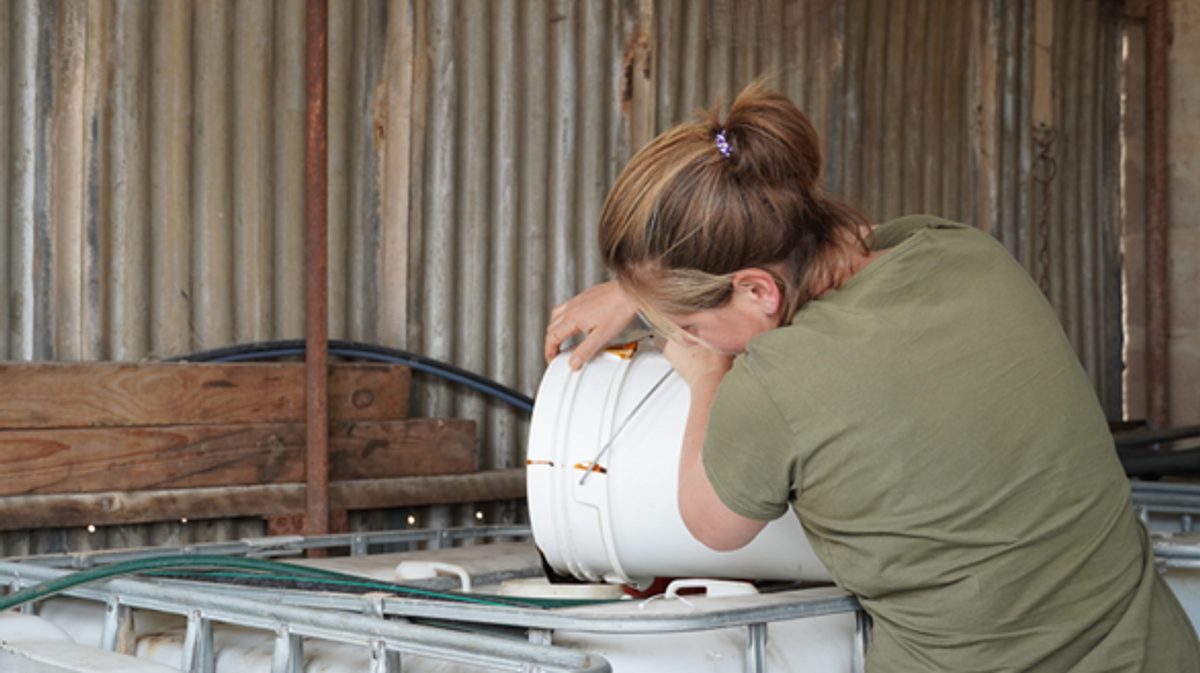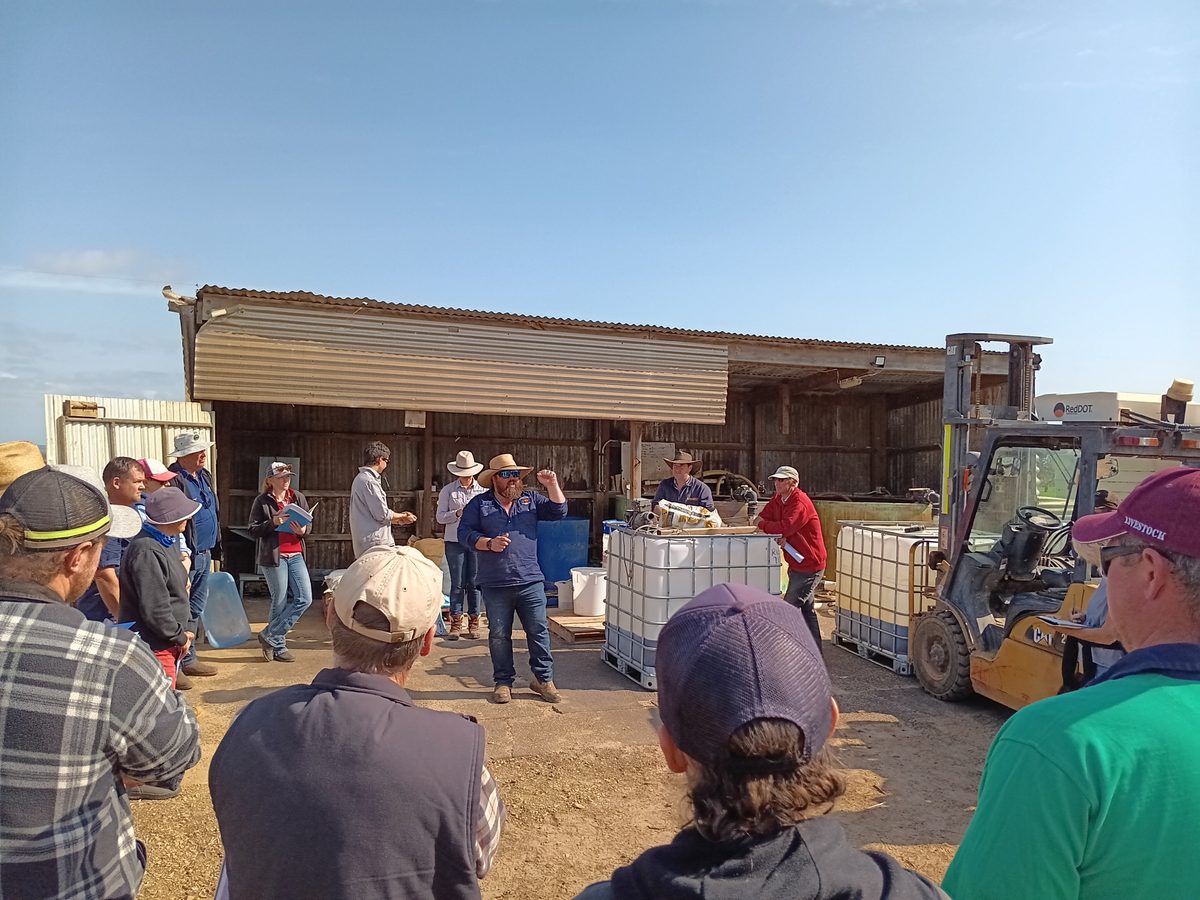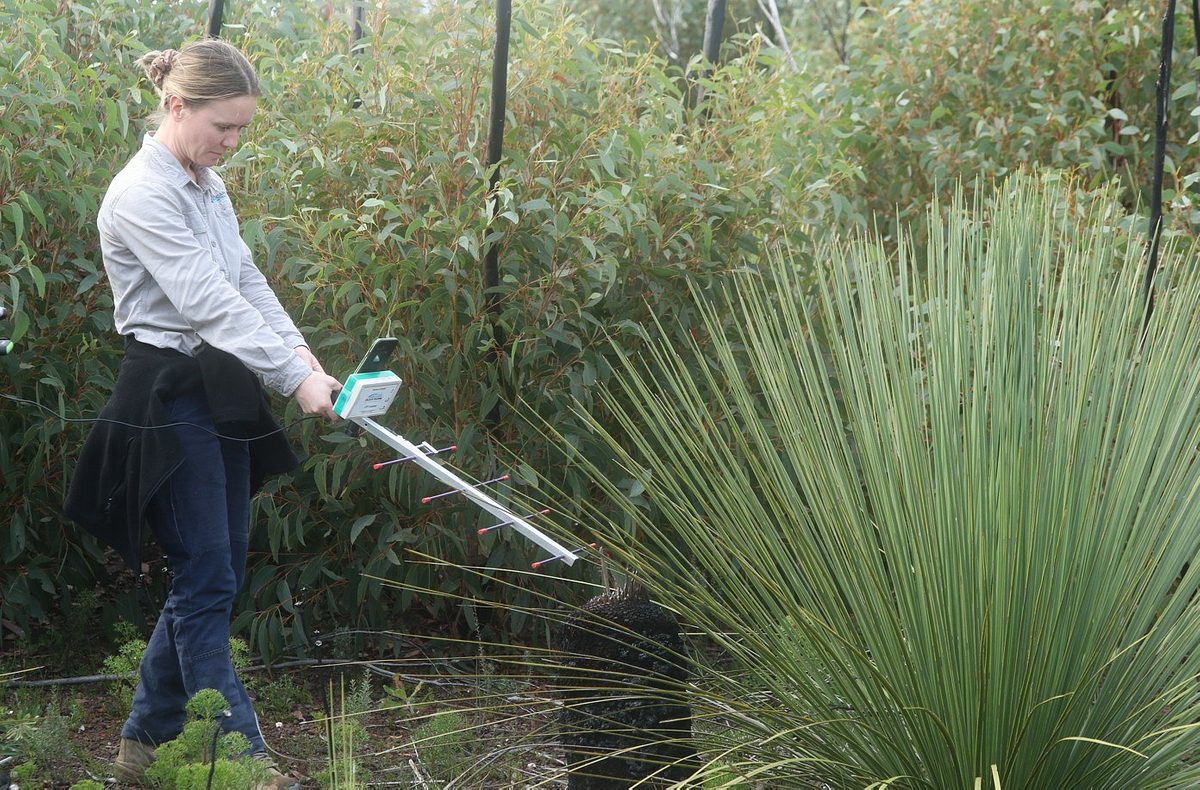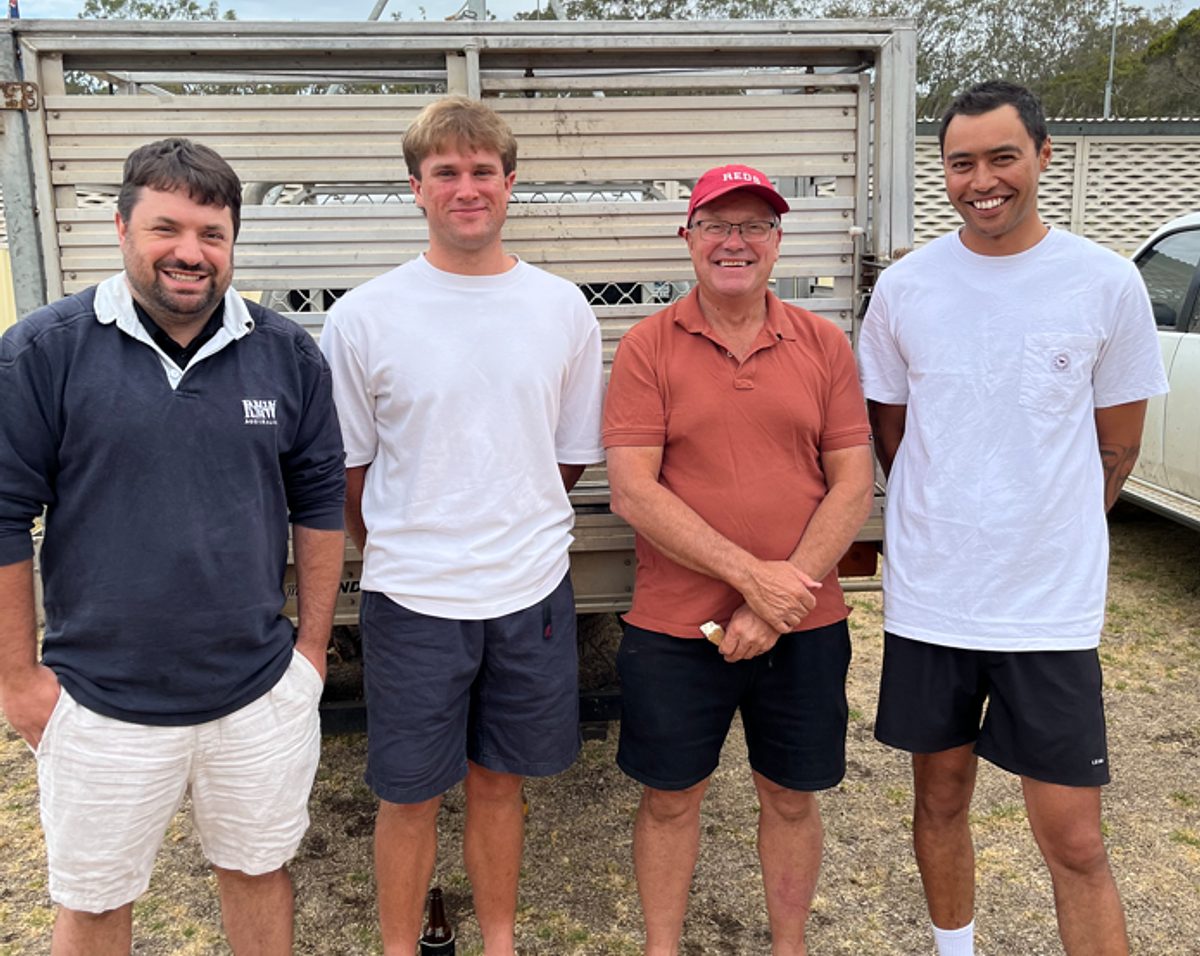Free workshop to help land managers make biofertilisers
The Kangaroo Island Landscape Board is hosting a free workshop to demonstrate to land managers how to produce and use biofertilisers to improve farm yields. Hosted at the Stanton Farm at 1923 Bark Hut Road, Cassini on Wednesday, 26 February, from 9.00 am to 1.00 pm, workshop attendees will learn how to create these valuable resources on your own farm.

Kangaroo Island Landscape Board soil extension officer Cassandra Douglas-Hill said biofertilisers were natural fertilisers that contain living microorganisms, such as bacteria and yeasts, which promote plant growth and improve soil health
“Biofertilisers work by enhancing the soil’s microbial activity, making nutrients more available to plants and improving the overall resilience of crops and pastures, especially during dry periods,” Ms Douglas-Hill said.
This hands-on workshop will guide attendees through the fermentation process needed to produce liquid biofertilisers with Effective Microbes or EM1.
Facilitated by soil life specialist Mark Berndt from Ground Grocer, along with Murraylands and Riverland Landscape Board soil extension officer Barrie William and Ms Douglas-Hill, participants will have the opportunity to help create 1000 litres of biofertiliser.
The workshop will equip landholders with practical skills to customise biofertilisers according to their specific farming needs.
“This workshop is perfect for anyone interested in foliar fertilisers or biological farming,” Ms Douglas-Hill said.
Late summer was an ideal time for land managers to start producing their own foliar fertilisers.
“Autumn and spring are the best seasons for applying biofertilisers and foliar fertilisers, as they provide a vital nutrient boost for pasture growth and animal health, including essential minerals like cobalt and copper,” she said.
“Making biofertilisers now is crucial, as they require at least a two-month fermentation period before use.”
There are several benefits of using biofertilisers on farms.
“Biofertilisers are cost-effective,” Ms Douglas-Hill said.
“Biofertilisers are a budget-friendly alternative that won’t get ‘locked up’ in certain soil types, ensuring better nutrient availability.”
In addition, Ms Douglas-Hill said biofertilisers were easy to apply to soil.
“They can be applied directly to plants like foliar fertilisers and are readily absorbed due to their microbiological composition. Biofertilisers are also scalable,” she said.
“Biofertiliser production is suitable for farms of any size, and the initial setup costs are low, utilizing equipment that many farmers already possess.”
Ms Douglas-Hill said biofertilisers improve soil health.
“Compared to conventional fertilisers, such as DAP and urea, biofertilisers are more beneficial for soil microbes, provide nutrients in a plant-available form, and help retain soil moisture, enhancing crop and pasture resilience during dry spells,” she said.
The workshop will involve hands-on participation, so please come dressed in work clothes, with a hat and boots.
All materials, including biofertiliser recipes and booklets, will be provided on the day. Lunch and light refreshments will also be served.
For more information and to secure your spot, please contact Cass at 8553 2476 or cassandra.douglas-hill@sa.gov.au
This project is supported by the Kangaroo Island Landscape Board with funding from the SA Government’s Landscape Priorities Fund.



